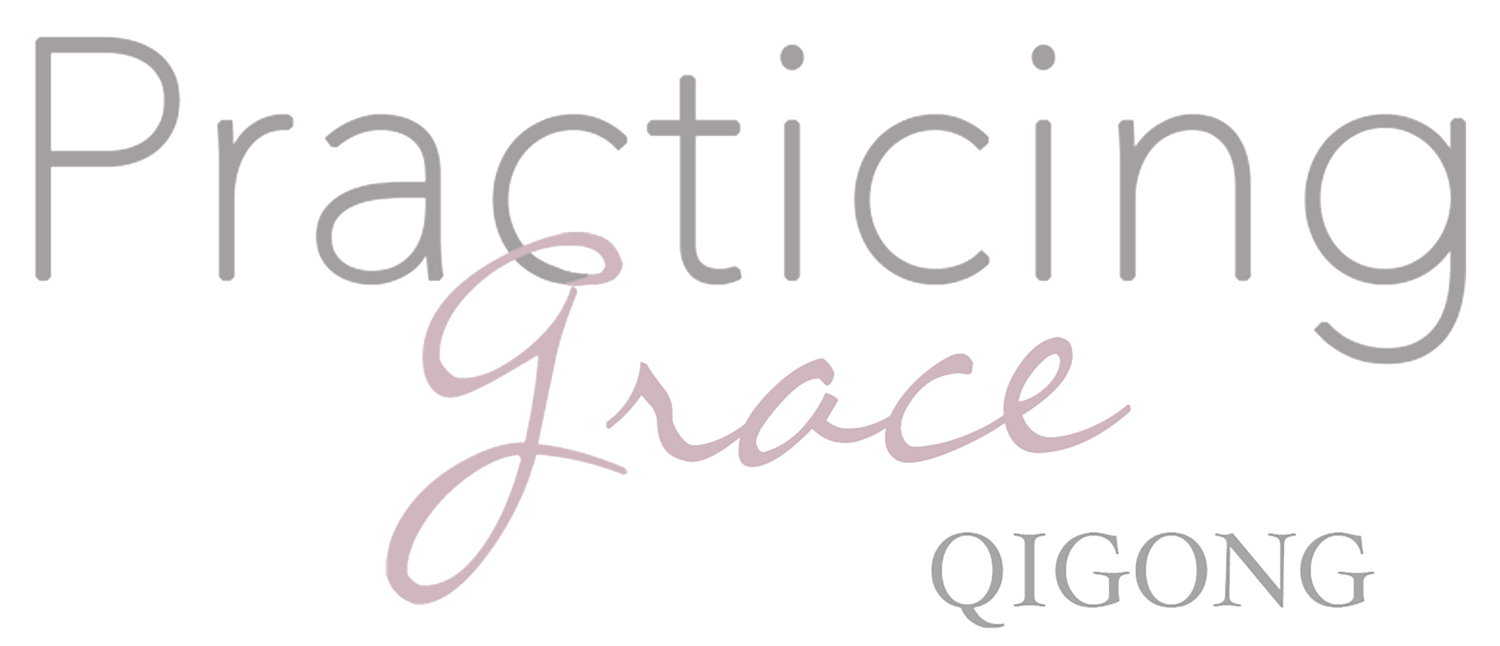Dear Wise Women,
As we close our circles for 2022, I invite you to reflect on the journey we have travelled since we began gathering this fall. Though we only met a handful of times over the past few months, the threads we wove during these gatherings connected us and activated an energetic web that nourished, sustained and infused each of us with love and light.
Through the sharing of my experience of my dad’s dying process, I believe that we each opened to look more deeply at our own relationship with death…and with life. Every single day, I am discovering new insights and ways of seeing. Some times these insights create clarity and other times they cast more fog…and I am learning more and more, just to stand in it all without resistance.
Something that has been on my mind every single day since my dad’s funeral are the words that our minister, John Pentland, shared at the closing of his service. Inspired by a phrase that is embroidered and hung on a wall in a hospice in Calgary (story below), John said:
In the end what matters most is
How well did you love
How well did you live?
How well did you learn to let go?
Though these are simple words, the meaning runs profoundly deep. In the creation of this Treasure Trove, I spent quite a bit of effort trying to analyze and “add” meaning to this message by relating it to all of the work we have done in the past. But, I quickly saw the limitations of his approach.
So rather than unravelling these words by myself, I would like to place them in our circles and extend a thread to each of you… and allow us to weave together.
Here is the story that John shared with me and that I share with you.
Let us marinate in the feelings that are evoked and reflect on what they mean to us.
With love,
Patti
Paul Rumbolt served the Calgary Hospice from 2012-2015 prior to moving to Toronto.
“In the end these things matter most:
How well did you love? How fully did you live? How deeply did you let go?”
~ Jack Kornfield, Buddha’s Litte Instruction Book
“To the degree that our heart has opened in life, to that degree it will open at death.”
“How We Live Is How We Die”, by Pema Chodron.




